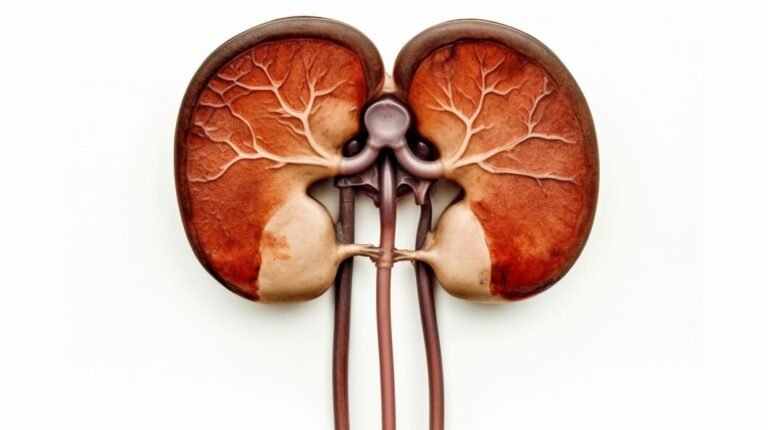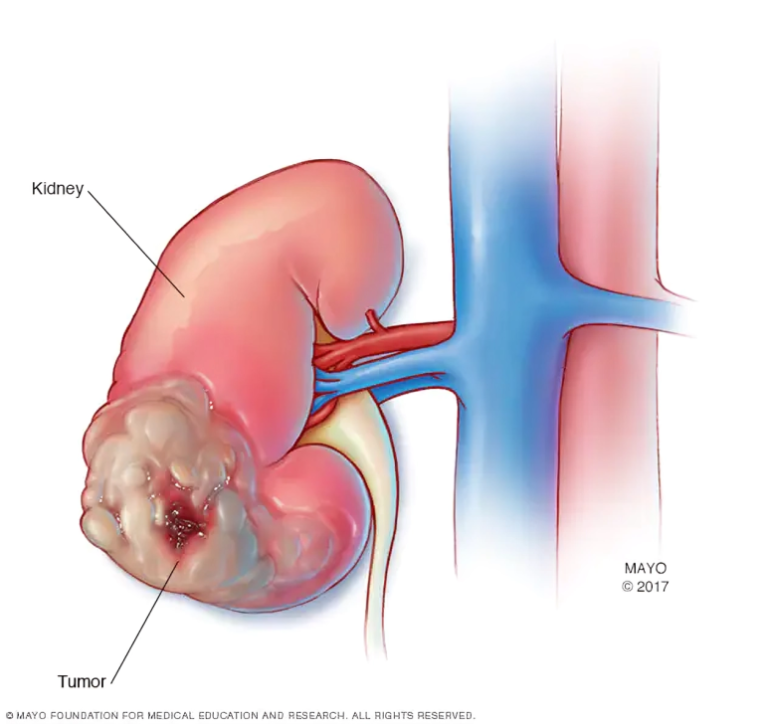Complications Associated With Kidney Stones
Kidney stones, while small in size, can bring about significant discomfort and complications if left untreated. Beyond the excruciating pain they cause during passage, kidney stones can lead to several complications that may impact kidney function and overall health. Understanding these complications is crucial for effective management and prevention strategies.
TO KNOW MORE ABOUT IT PLEASE CLICK HERE
Renal Damage
Kidney stones have the potential to cause damage to the renal structures. As they travel through the urinary tract, they may scrape against the delicate tissues, leading to irritation, inflammation, and even injury. Repeated bouts of kidney stones can exacerbate this damage, impairing kidney function over time. In severe cases, chronic kidney disease (CKD) or kidney failure may ensue, necessitating dialysis or transplantation.
Urinary Tract Infections (UTIs)
The presence of kidney stones can create an environment conducive to urinary tract infections. Bacteria may adhere to the surface of the stones, forming a nidus for infection. UTIs can exacerbate symptoms, cause fever, and lead to complications such as pyelonephritis (kidney infection) if left untreated. Prompt treatment with antibiotics is essential to prevent the spread of infection and potential kidney damage.
Hydronephrosis
Hydronephrosis occurs when urine backs up and accumulates in the kidneys due to an obstruction, such as a kidney stone. As urine builds up, pressure increases within the kidney, causing distention and swelling. This can lead to pain, renal dysfunction, and in severe cases, permanent damage to kidney tissue. Timely intervention to relieve the obstruction is crucial to prevent irreversible complications.
Recurrent Stone Formation
Individuals who have experienced kidney stones are at an increased risk of developing recurrent stones. The presence of one stone indicates an underlying imbalance in urine composition, such as high levels of calcium, oxalate, or uric acid. Without intervention, these imbalances can persist, leading to the formation of new stones. Recurrent stones not only cause repeated episodes of pain but also heighten the risk of complications with each occurrence.
Hematuria and Bleeding
The passage of kidney stones through the urinary tract can cause trauma to the surrounding tissues, leading to hematuria (blood in the urine). While this is common during stone passage and typically resolves on its own, persistent or severe bleeding may indicate underlying complications, such as urinary tract injury or infection. Close monitoring and medical evaluation are necessary to identify and address any concerning symptoms.
Obstruction and Acute Renal Failure
In some cases, kidney stones may become lodged in the urinary tract, obstructing the flow of urine. This obstruction can lead to a buildup of toxins and waste products in the body, resulting in acute renal failure. Prompt intervention, such as lithotripsy or surgical removal of the stone, is essential to restore urinary flow and prevent irreversible kidney damage.
Conclusion
Kidney stones pose not only acute pain but also potential long-term complications that can impact kidney function and overall health. Awareness of these complications, along with proactive management and preventive measures, is key to minimizing the risks associated with kidney stones. By addressing underlying risk factors, adopting a healthy lifestyle, and seeking timely medical care, individuals can reduce the likelihood of complications and promote optimal urinary tract health.
Also, Follow us on Instagram







